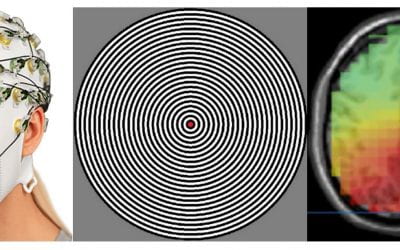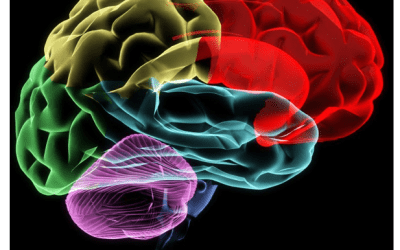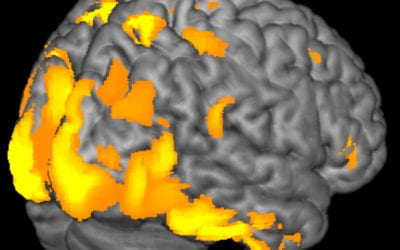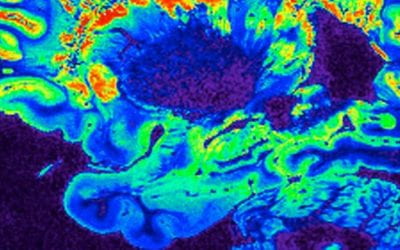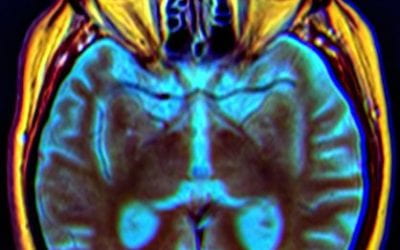
Neuropharmacy projects
Investigating why the menstrual cycle increases seizures for many women with epilepsy
For many women with epilepsy, their menstrual cycle will change their seizures. Around 40% will experience more than twice as many seizures as they usually would in the days around specific phases of their menstrual cycle. This increase is usually when major changes...
Low-dose naltrexone as an adjunctive treatment in major depressive disorder
Globally, more than 300 million people suffer from depression; it is now the leading cause of disability worldwide. Major depressive disorder affects up to one in six New Zealanders in their lifetime, but current treatments are ineffective in up to 30% of patients....
How does the combined-oral contraceptive affect the electrophysiology of the human female brain?
It is well documented that the gonadal steroids, particularly oestradiol and progesterone, affect the major inhibitory and excitatory systems in the brain. As a result oestradiol and progesterone play a central role in major theories on the causes of menstrual...
Pharmacological brain-imaging of novel rapid antidepressant medicines
Major depression is the leading cause of disability-related health loss in the western world with an annual economic cost to New Zealand of $2 billion. For one third of people with major depression current drug treatments are ineffective, and the development of new...
Development and validation of non-invasive magnetic resonance imaging techniques
Neurodegenerative and mental health disorders represent an enormous disease burden worldwide. Many of these conditions are chronic and incurable, and their debilitating effects may continue for years or decades. The lack of effective treatments and unsuccessful...
